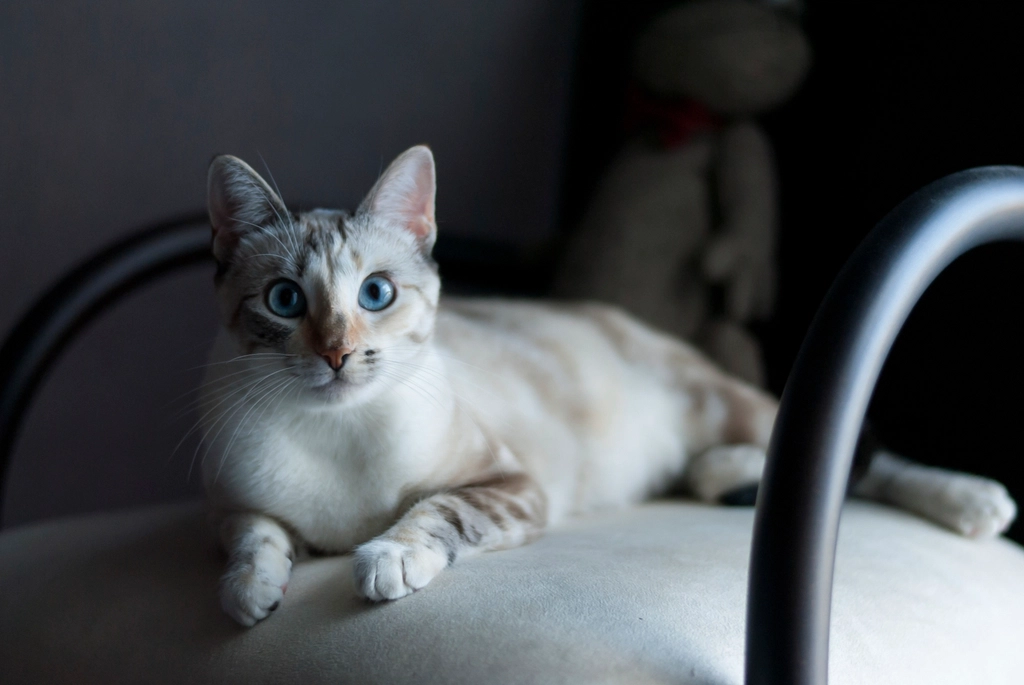Have you ever found yourself needing just a moment of quiet, only to have a dog’s enthusiastic face inches from yours? Or perhaps you’ve noticed a cat quietly slipping away when things get overwhelming. It turns out, our feline friends have a remarkable sense for boundaries, making them the ultimate champions of personal space. For anyone who’s ever craved a peaceful companion, the difference is both surprising and delightful. Let’s explore why, when it comes to respecting your personal bubble, cats truly have the upper paw.
Understanding the Independent Nature of Cats

Cats are famously independent creatures. Unlike dogs, who often look for constant attention and reassurance, cats are content to entertain themselves for hours. This sense of self-sufficiency means that cats rarely crowd their owners for affection or play when it’s not welcomed. Their independence is rooted in their evolutionary history as solitary hunters, unlike dogs who evolved as pack animals. This natural tendency translates into a household environment where a cat can sense when you need space. Many cat owners report that their feline companions can read the room and will quietly settle down nearby without demanding attention. The cat’s ability to balance closeness with distance is both refreshing and comforting, especially for those who value their downtime.
How Cats Read Human Emotions and Body Language

One of the most fascinating aspects of cats is their subtle understanding of human emotions. Cats are keen observers, often picking up on the tiniest changes in body language or tone of voice. When you’re feeling stressed or upset, a cat may choose to simply sit quietly beside you rather than forcing interaction. This gentle approach can be incredibly soothing after a long day. Unlike dogs, who might jump up and demand to play regardless of your mood, cats respond thoughtfully to emotional cues. Their ability to respect your emotional boundaries is a testament to their sensitivity and intelligence. Many people find this quiet companionship deeply comforting, turning to cats for emotional support without the risk of being overwhelmed.
Quiet Companionship Versus Constant Attention

Dogs are wonderful for their boundless enthusiasm, but this can sometimes feel like too much, especially during moments when you crave solitude. Cats, in contrast, offer a kind of quiet companionship that never feels intrusive. They might curl up on a nearby chair or at the foot of your bed, providing presence without pressure. This ability to keep you company without demanding your attention can make your home feel peaceful and harmonious. For introverts, or anyone who values downtime, a cat’s subtle approach can be a true gift. The difference is like having a friend who knows exactly when to chat and when to let you be—a rare and precious trait.
The Art of the Disappearing Act

Anyone who has lived with a cat knows they have mastered the art of disappearing. When a cat senses that a room is too crowded or a situation is too chaotic, they simply slip away to a quieter space. This instinctive retreat is a sign of respect for both their own boundaries and yours. While a dog might insist on being in the center of every activity, cats have no trouble finding a sunny windowsill or a cozy nook to relax in. This habit means that your personal space is rarely invaded, and you can always rely on your cat to give you a break when you need it. Their ability to vanish when the moment calls for it is both amusing and deeply considerate.
No Over-the-Top Greetings or Unwelcome Licking

One of the most common complaints among non-dog lovers is the overwhelming greetings dogs can deliver—jumping, barking, tail-wagging, and, of course, the infamous face lick. Cats, on the other hand, greet you with far more restraint. A gentle head bump, a soft purr, or a slow blink are the feline way of saying hello. These subtle gestures are much less likely to invade your space or startle you after a long day. Cats seem to intuitively understand that not everyone wants to be smothered with affection the moment they walk in the door. Their measured greetings are especially appreciated by people who prefer a calmer welcome home.
Personal Space During Sleep and Rest

When it comes to bedtime, cats excel at respecting personal space. While dogs might jump onto your bed, sprawl out, and even push you off your own pillow, cats tend to be far more considerate. A cat will often find a spot at your feet or curl up beside you without taking over the entire bed. They rarely disturb your sleep with loud noises or sudden movements. In fact, many people find a cat’s gentle purring and warm presence to be incredibly relaxing, helping them drift off to sleep more easily. The way cats respect your rest time makes them ideal companions for anyone who values a good night’s sleep without interruption.
The Subtle Joys of Feline Affection

Perhaps the most charming aspect of cats is the way they show affection without overwhelming you. Cats have a delicate way of expressing love—rubbing against your leg, softly kneading your lap, or simply sharing the same room in companionable silence. Their affection is always on their terms, which means you’ll never feel smothered or crowded. Instead, you get to enjoy the thrill of being chosen by your cat, which makes those moments of closeness all the more meaningful. For many cat lovers, the gentle, non-intrusive affection of a cat is the perfect balance between companionship and personal space.

Linnea is a born and bred Swede but spends as much time as possible in Cape Town, South Africa. This is mainly due to Cape Town’s extraordinary scenery, wildlife, and atmosphere (in other words, because Cape Town is heaven on earth.) That being said, Sweden’s majestic forests forever hold a special place in her heart. Linnea spends as much time as she can close to the ocean collecting sea shells or in the park admiring puppies.






